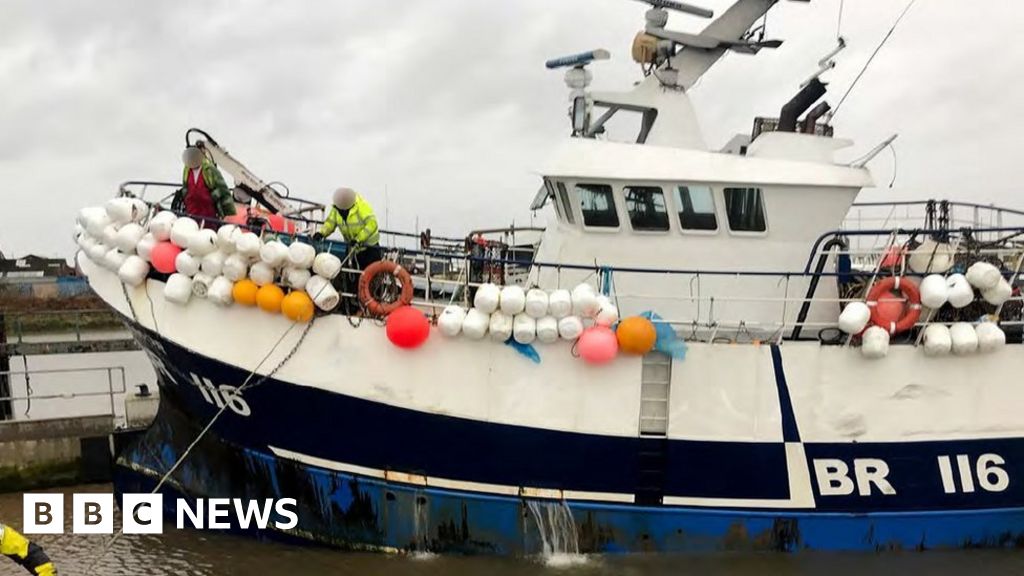- Joined
- 19 July 2016
- Messages
- 3,730
- Reaction score
- 2,700
I know this may seem like a daft question but I have seen many times, sea life clustered on the explosive ordnance from the loss of military ship in conflict. It has been stated numerous times that some sea life eats the long exposed explosive elents of these munitions but now when I try to find a single mention of this on the net, cannot find anything.
Am I going nuts? Senile? Or is there a factual basis within my recollections?
Am I going nuts? Senile? Or is there a factual basis within my recollections?

